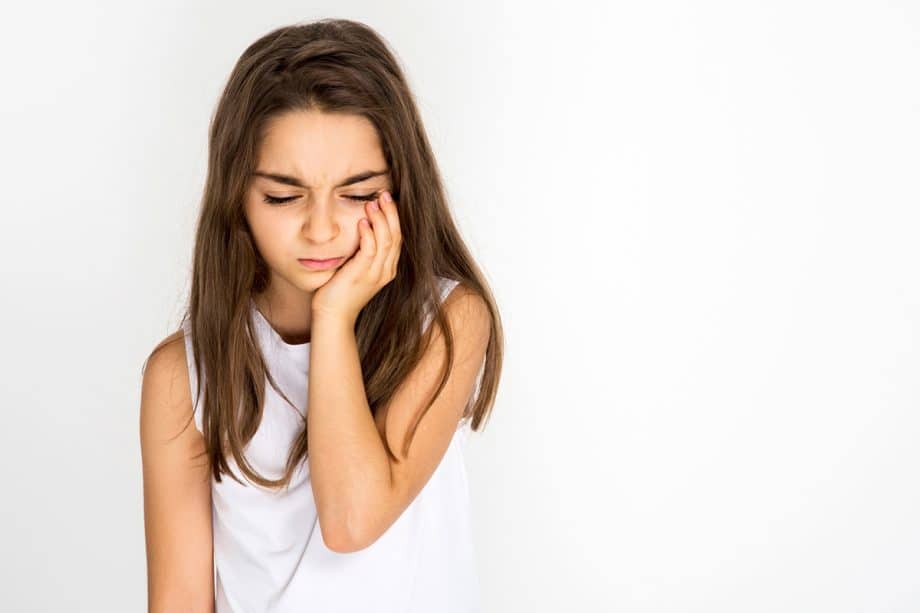Teeth grinding, or bruxism, is a common oral health issue that can have a significant impact on your quality of life. Whether you suffer from chronic teeth grinding or have the occasional bruxism episode, understanding the causes of this condition can help you manage it more effectively.
This article provides a thorough overview of the potential causes of teeth grinding and the steps you can take to reduce its occurrence. From lifestyle changes to medical treatments, this guide will help you identify the best approaches to reduce your bruxism symptoms and protect your oral health.
What is Teeth Grinding (Bruxism)?
Teeth grinding is an oral health condition that involves the clenching and grinding of the
teeth. It can occur while you are awake or while you are sleeping and can cause a variety of symptoms, such as jaw pain, headaches, and difficulty sleeping. In some cases, teeth grinding can also damage your teeth over time.
The exact cause of teeth grinding isn't always easy to identify, but it is often associated with stress and anxiety. That said, there are a number of potential causes of teeth grinding, and it is important to understand these in order to reduce your symptoms and protect your oral health.
Symptoms of Teeth Grinding
The most common symptom of teeth grinding is a grinding or clicking sound when you move your jaw. You may also experience pain and discomfort in your jaw, headaches, and difficulty sleeping. Over time, teeth grinding can cause damage to your teeth, such as tooth sensitivity and worn down enamel.
If you are concerned that you may be grinding your teeth, it is important to speak to your dentist. They will be able to diagnose bruxism and provide advice on how to reduce its symptoms.
Causes of Teeth Grinding
The exact causes of teeth grinding aren't always clear, but there are a number of potential factors that can contribute to its development. These include psychological causes, such as stress and anxiety, as well as physical factors, such as medications and diet.
Psychological Causes of Teeth Grinding
Stress and anxiety are the most common psychological causes of teeth grinding. If you are feeling overwhelmed or anxious, it can lead to teeth grinding as a way of expressing your frustration or releasing tension. Other psychological causes of teeth grinding can include anger, frustration, or a lack of control over your life.
Stress and Teeth Grinding
Stress is a common cause of teeth grinding and can lead to chronic, long-term bruxism. If you are feeling overwhelmed or anxious, it is important to find healthy ways to manage your stress, such as regular exercise, deep breathing, and counseling.
Diet and Teeth Grinding
Your diet can also play a role in the development of teeth grinding. Certain foods, such as caffeine and alcohol, can act as stimulants and can increase the likelihood of bruxism. In addition, a diet low in calcium and magnesium can also contribute to teeth grinding, as these minerals are important for muscle relaxation.
Medication and Teeth Grinding
Certain medications, such as antidepressants and medications for Attention Deficit Hyperactivity Disorder (ADHD), can also contribute to teeth grinding.
If you are taking any medications, speak to your doctor about the potential side effects and how to reduce them.
Lifestyle Changes to Reduce Teeth Grinding
There are a number of lifestyle changes you can make to reduce the occurrence of teeth grinding. These include avoiding stimulants such as caffeine and alcohol, avoiding foods that are high in sugar, and reducing stress through regular exercise and relaxation techniques.
It is also important to maintain good oral hygiene, as this can help reduce the risk of developing teeth grinding. This includes brushing twice a day, flossing daily, and visiting your dentist regularly.
Medical Treatments for Teeth Grinding
If lifestyle changes are not enough to reduce your teeth grinding, there are a number of medical treatments that can help. These include medications, such as muscle relaxants, and dental appliances, such as a mouthguard or splint.
Your dentist can provide more information about these treatments and help you find the best approach for your specific needs.
Tips for Managing Teeth Grinding
There are a few tips you can use to manage teeth grinding and reduce its symptoms. These include:
- Avoiding stimulants such as caffeine and alcohol
- Practicing relaxation techniques such as deep breathing
- Eating a healthy diet that is high in calcium and magnesium
- Visiting your dentist regularly to monitor your oral health
- Wearing a mouthguard at night to protect your teeth
- Taking medications or using dental appliances if necessary
Periodontal Procedures in Peoria
While the exact cause of teeth grinding isn't always clear, there are a number of potential causes, such as stress and anxiety, diet, and medications.
Lifestyle changes, such as avoiding stimulants and practicing relaxation techniques, can help reduce the occurrence of teeth grinding. In some cases, medical treatments may also be necessary. If you are concerned that you may be grinding your teeth, contact us at 309-674-4148 to schedule an appointment.
